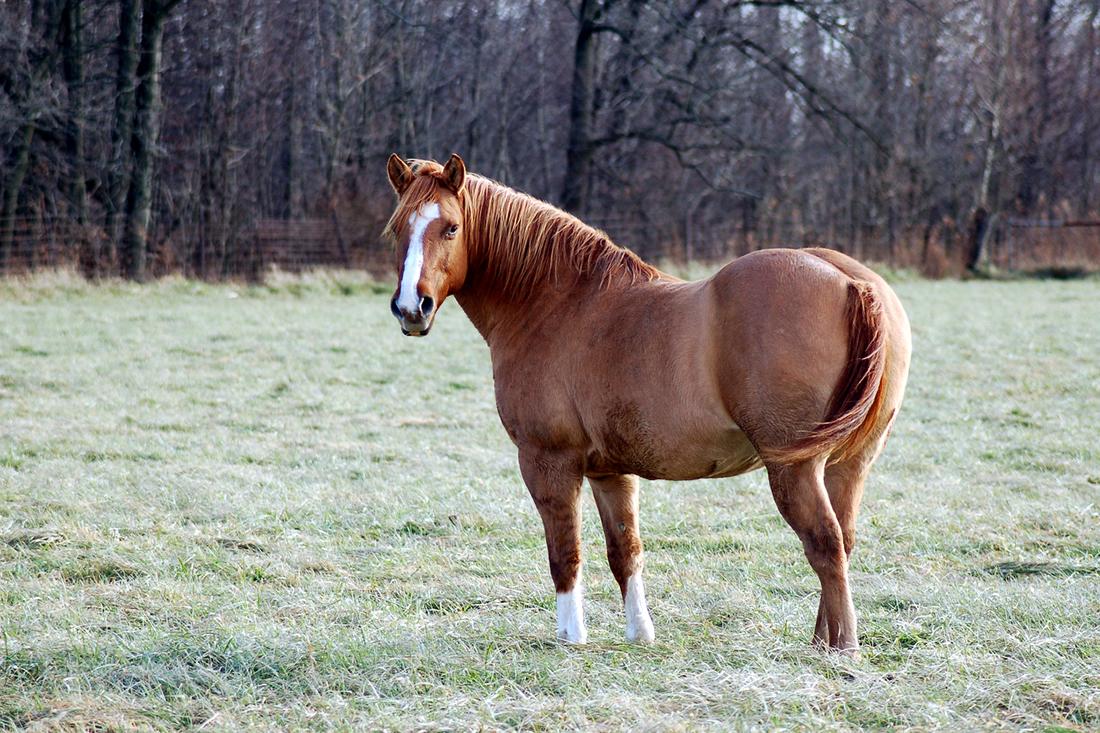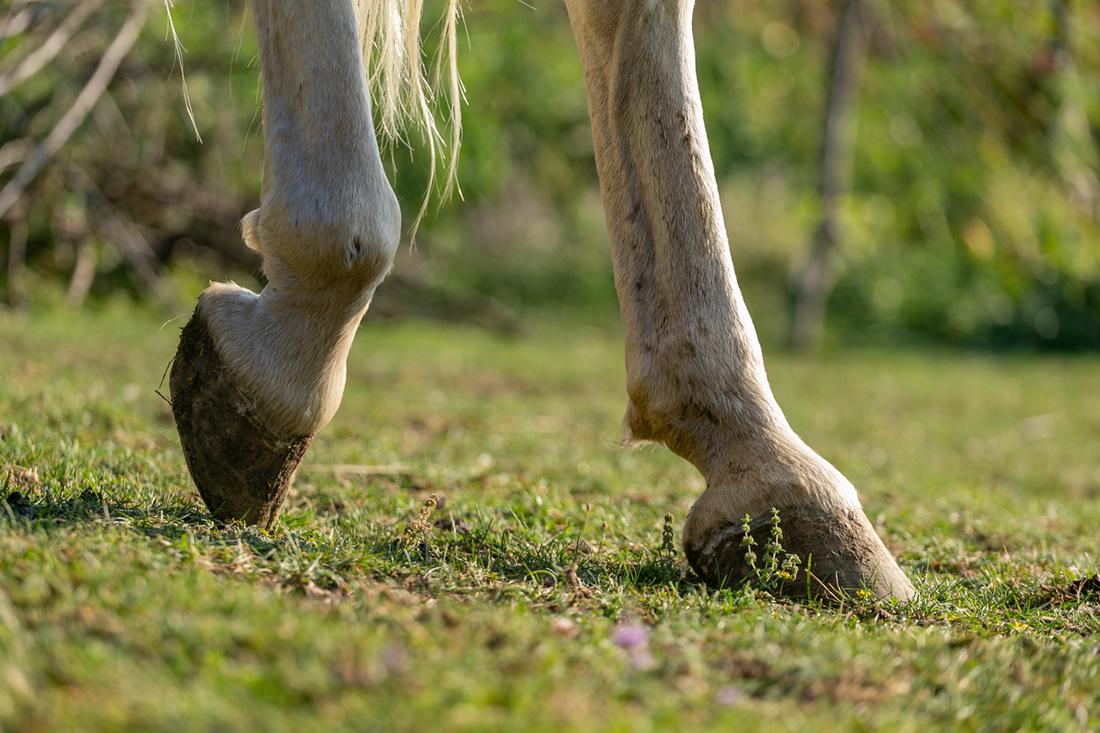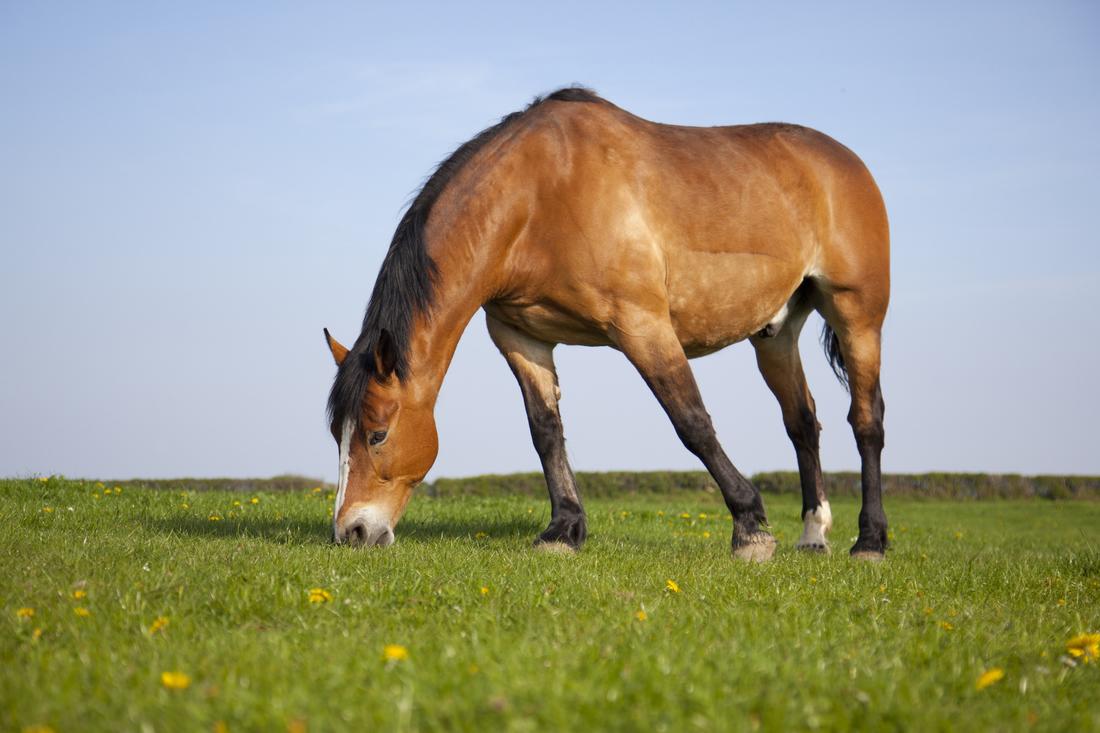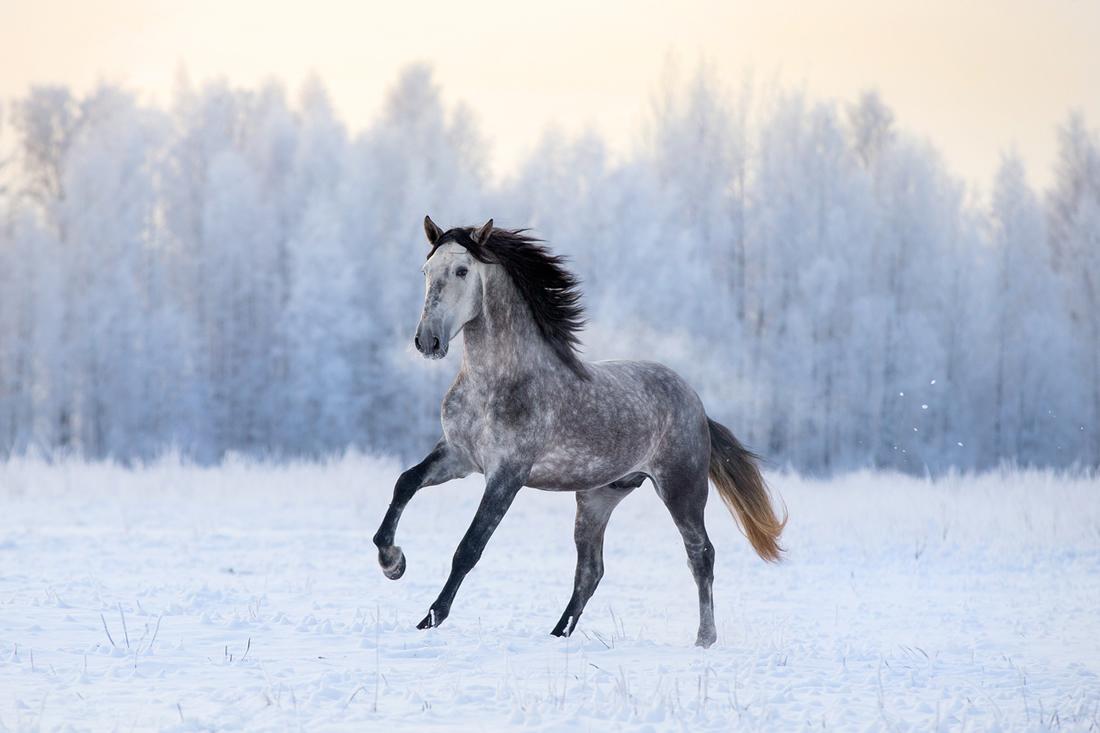Do you struggle with your horse’s stress levels? Horses are creatures of habit and are uneasy when in new environments, changing social groups, or when their routine is disrupted. Stress and anxiety...
If your horse is an easy keeper, sometimes it can seem like they get fat off of air. Some equine breeds are known for being more metabolically efficient than others. These horses may have metabolisms ...
Horses involved in endurance riding require appropriate fitness training, careful management, and balanced nutrition to support stamina and recovery. Endurance racing may involve horses covering up to...
Gastric ulcers are lesions in the horse's stomach that can cause pain, recurrent colic, poor exercise tolerance, weight loss and behavioural changes in your horse. Ulcers in the squamous (upper) regio...
If you have a horse prone to laminitis, deciding what to feed can be stressful. Feeding a diet that is too rich in sugars can make things worse for your horse and lead to flare-ups. But there are some...
Veterinarians report that they are treating more horses for hyperlipidemia, potentially as a result of modern sedentary lifestyles and the feeding of high-carbohydrate diets. This life-threatening con...
Kelp is a species of seaweed that is a nutritionally-dense source of protein and trace minerals. It contains the essential mineral iodine, which is important for thyroid function, growth and metabolis...
Cribbing, also known as crib-biting, is the most common oral stereotypic behaviour seen in horses. Cribbing involves the horse repeatedly and compulsively grasping an object between its teeth and suck...
What do you need to know to properly care for and feed your horse in the cold winter months? Horses are very adaptable to a wide range of temperatures and are well-suited to living in cold climates. H...
Curcumin, derived from the turmeric plant, is a spice that recently become popular to feed to horses as a dietary supplement. It has purported anti-inflammatory benefits and is used in horses with lam...
De-worming your horse is an important practice to prevent health complications associated with internal parasites. Worms, also known as helminths, are large endoparasites which live within horses and ...















